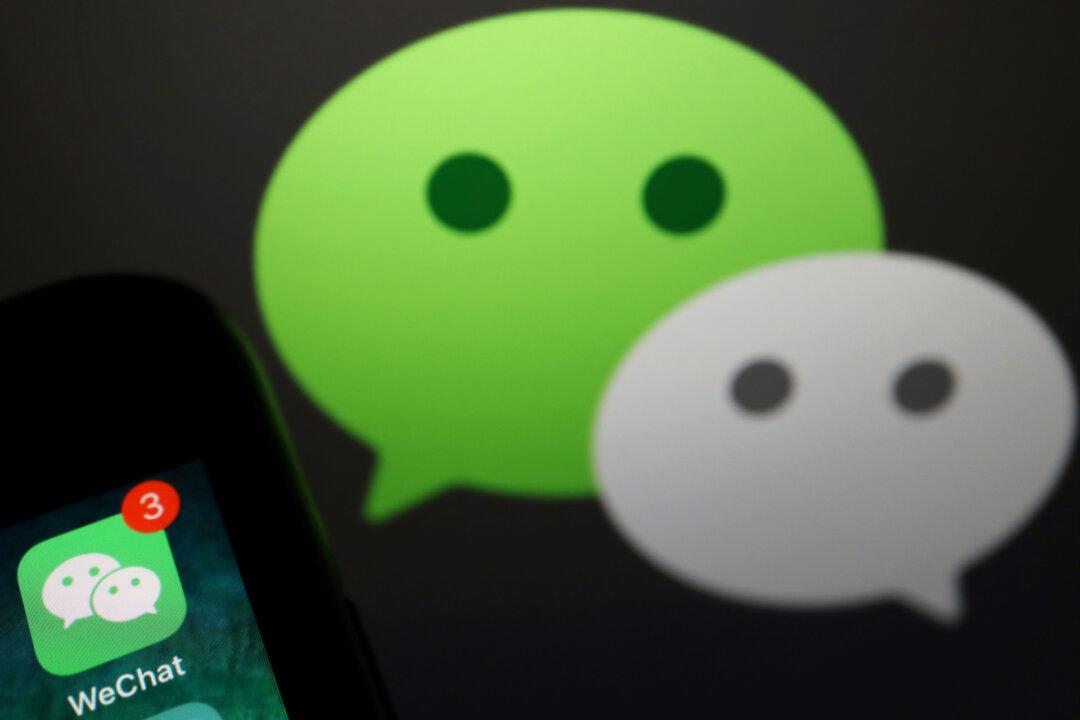News Analysis
Australia’s conservative prime minister, Scott Morrison, got a shock when China’s WeChat social media app gave his 76,000 followers two lousy choices: opt out within 24 hours and get your followers deleted along with Morrison’s account reassignment, or get signed up automatically to the replacement, called “Australia China New Life.”





